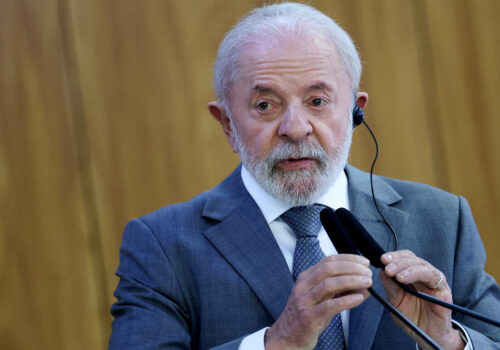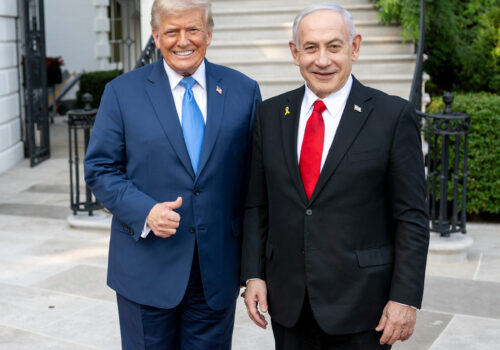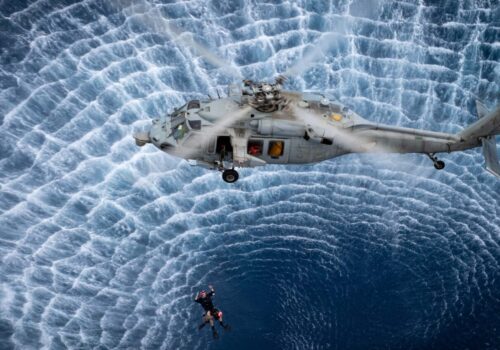Flagship event

Transatlantic Forum on GeoEconomics
September 30, 2025
Amid trade wars, an AI revolution, and debates over national defense, the annual Transatlantic Forum on GeoEconomics will convene senior economic and financial leaders from both sides of the Atlantic in Brussels, Belgium, to explore ways to reset the transatlantic relationship and find common ground.
Featured interactive

Trump Tariff Tracker
The second Trump administration has embarked on a novel and aggressive tariff policy to address a range of economic and national security concerns. This tracker monitors the evolution of these tariffs and provides expert context on the economic conditions driving their creation—along with their real-world impact.
Support the Atlantic Council
Over the past six decades, the Atlantic Council has grown in scope and ambition in ways its founders couldn’t have imagined. We recognize that this growth wouldn’t be possible without you as a partner, and we are grateful for your generosity to the Atlantic Council. Our work, however, is just getting started—and we need your help to sustain it.
If you would like to join us in shaping a better world, please support our work and donate today.
Watch ACTV
Spotlight
Our impact

2024/2025 Annual Report
Through the work it publishes, the ideas it generates, the future leaders it develops, and the communities it builds, the Atlantic Council shapes policy choices and strategies to create a more free, secure, and prosperous world.





Follow us on social media